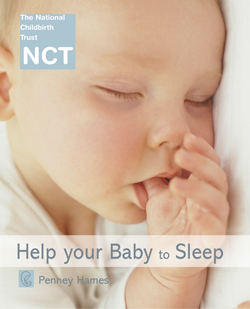Читать книгу Help Your Baby to Sleep - Penney Hames - Страница 38
Оглавление4 Where Should my Baby Sleep?
‘I think that children are supposed to sleep with their parents. Many of the sleep problems are to do with sleeping alone.’
Margaret and Phil, parents of James, aged 20 months
‘Thomas went into his own bedroom pretty early on. I think he lasted about two days in our bedroom – we couldn’t sleep. The health visitor had said something ridiculous like six months, but we couldn’t keep to that.’
Sue and Michael, parents of Thomas, two
For 95% of evolution, babies have slept with their mothers. Independent sleep is a relatively recent idea. So which is best – co-sleeping or independent sleep? As yet there’s no clear answer but there is mounting evidence that our bodies are designed for close proximity or contact with our babies throughout the day and night until at least six months. It may be that solitary sleeping in the first few months of life makes too many demands on your baby’s body, and that sleeping and waking within sight and sound of you helps him to adapt to life more smoothly.
Bed-sharing Benefits
The process works like this: it’s not unusual for babies, and especially premature babies, to have breathing pauses, which last anything up to 20 seconds. It’s quite normal. The breathing system is not fully mature at birth. If they happen in sleep, these breathing pauses lead the baby to wake and start to breathe again. Researchers have now discovered that babies who sleep close to mum and dad tune into their parents’ breathing following a breathing pause and join in again at the same pace (McKenna et al., 1994). There is also a suggestion that mothers who sleep with their babies tend to sleep up close, facing their baby most of the time and that this closeness stimulates their baby’s breathing in another way – through the increased level of carbon dioxide they emit (Mosko et al
